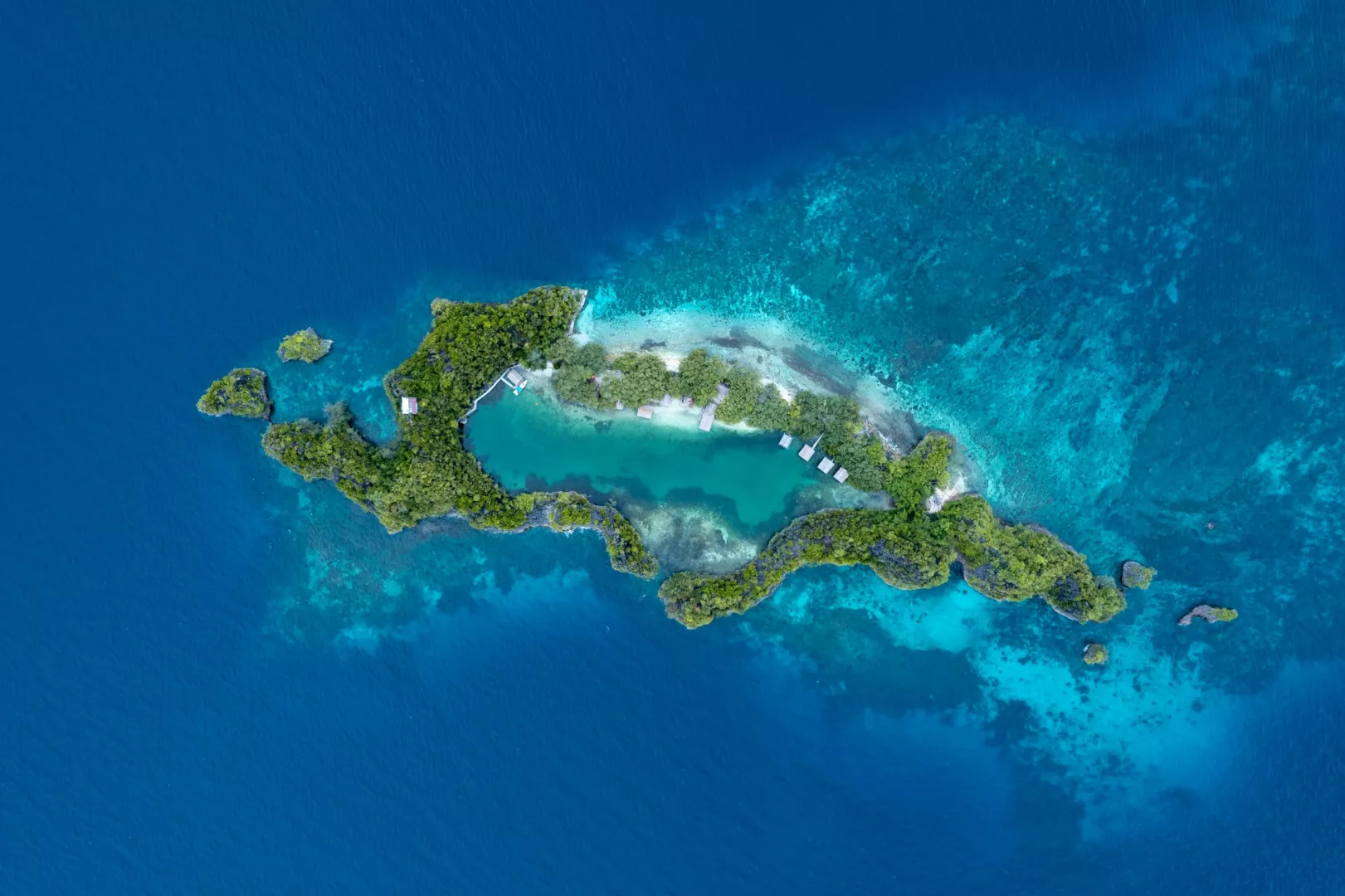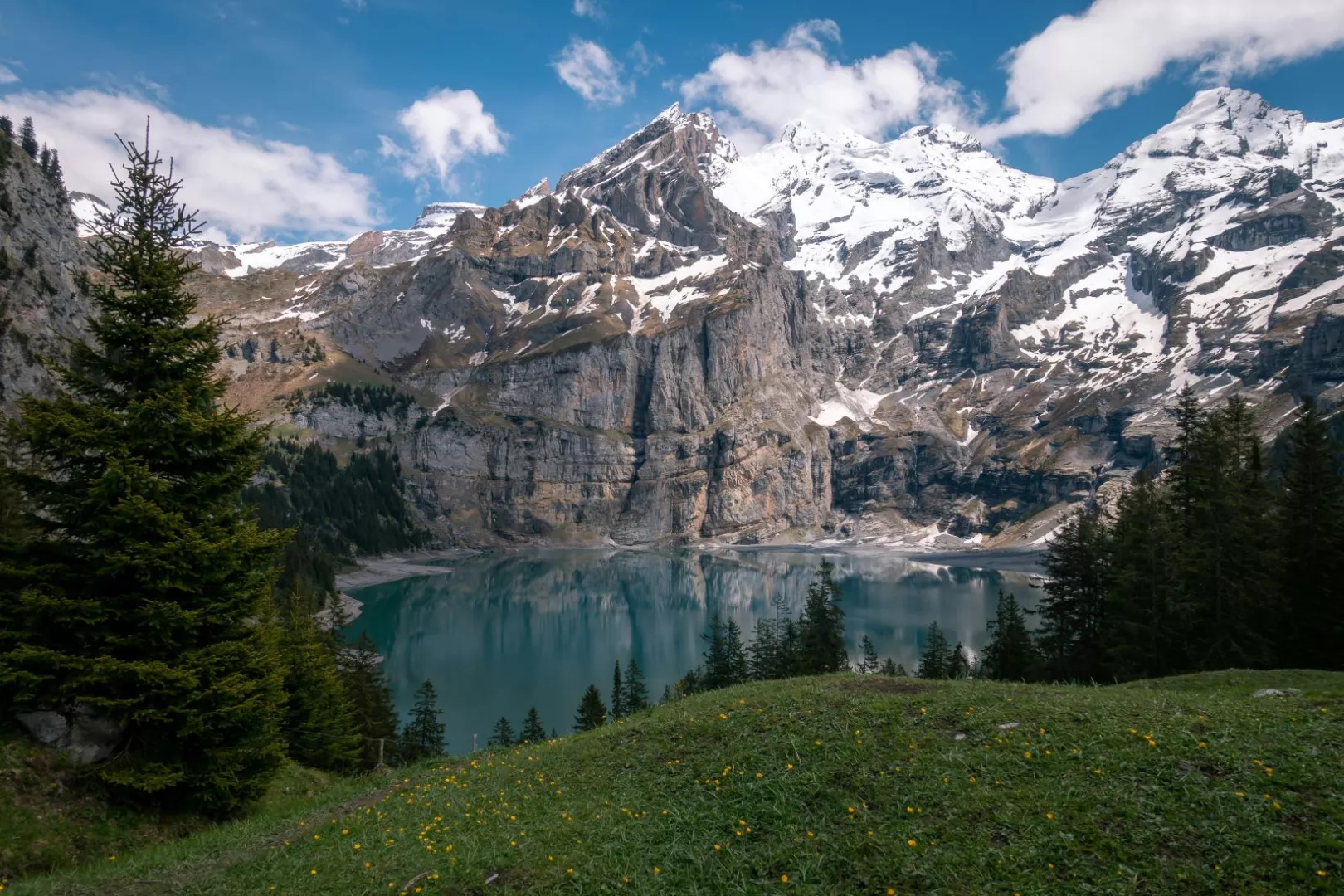
<- Our work
Lets Talk ->
Defending small island states from climate change
Despite producing only 1% of carbon emissions, small island states are disproportionately affected by climate change. The islands are already experiencing increasingly severe weather events and some face becoming completely submerged.
The client
COSIS:
The Commission of Small Island States on Climate Change and International Law take collective action to protect and preserve the climate system, including the marine environment, through the promotion, progressive development, and implementation of rules and principles of international law concerning climate change.
Key stats
300+
Total pieces of coverage
80m+
Estimated overall reach
The Guardian, CNN, New York Times, Reuters, Bloomberg, Japan Times, Le Monde, Der Spiegel, France24, Mother Jones, The Fiji Times
Coverage highlights
The challenge
The Commission of Small Island States on Climate Change and International Law (COSIS) took a historic case to the world court for oceans - the International Tribunal for the Law of the Sea (ITLOS).
COSIS approached 89up to raise public awareness of ITLOS and the role of international law in holding states to account.
The solution
89up worked with COSIS to create a compelling narrative around the case, legal background, significance and impact of the case in clear yet powerful language. Then the team organised and executed a full scale global media sell-in while coordinating a press conference at the ITLOS courthouse in Hamburg.
The team worked closely with Prime Minister Kausea Natano of Tuvalu and Prime Minister Gaston Browne of Antigua and Barbuda, as well as representatives of Vanuatu and the Marshall Islands and a prestigious global legal team to secure high quality coverage. This was complemented by daily court reporting.


The impact
The communications team at ITLOS told 89up that the tribunal had never seen such media attention.
More importantly, it was announced in May that COSIS’s case had been successful.
The court ruled in favour of the small island states, issuing a judgement that fossil fuel emissions absorbed by the sea are a form of marine pollution. This advisory opinion could set a precedent for upcoming cases including one at the International Court of Justice.




















